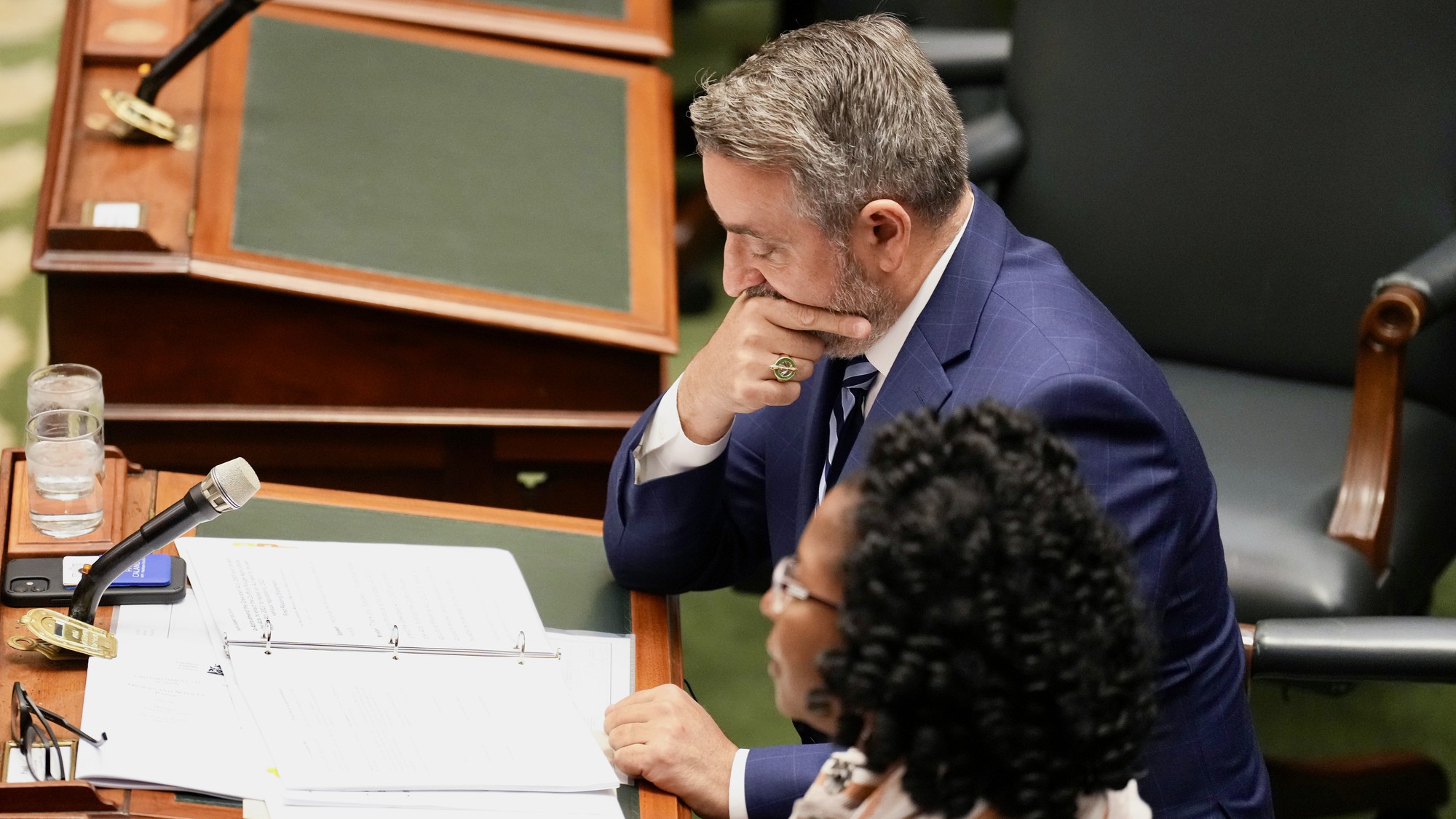The province has tabled a bill to return all removed lands into the Greenbelt and add a new process for any future changes.
Housing Minister Paul Calandra announced the new bill at a news conference on Monday.
“We want to make progress on building 1.5 million homes. But ultimately, this was not how the people of the province of Ontario wanted us to go about doing that. So, we’ve listened and we’re returning all of the lands,” he said at Queen’s Park.
Calandra announced last month the province would be proposing the bill as part of their restoration process to Ford’s Greenbelt housing plan that had 15 sites removed for development.
This is part of the province’s efforts to implement the 15 recommendations made by Auditor General Bonnie Lysyk’s Greenbelt report in August which found, after months of probing, that the plan was “flawed” and “lacked transparency.”
Calandra said the new bill is the “last step” into meeting all the recommendations, as well as their way of going further by adding “enhanced protections” to the Greenbelt.
The new legislation, if passed, will require the government to go through an “open, public and transparent legislative process” before making any proposed changes to the Greenbelt. Ontario currently makes changes through a regulatory process.
Calandra said the government will be moving forward with these changes and all other recommendations as they conduct a mandated review of the Greenbelt.
“What we’re trying to do and what we will ensure is that the politics are taken out of the review process,” he said.
The review was initially met with backlash when he announced that more lands could be removed.
However, Ford scrapped his plan on Sept. 21 and assured there wouldn’t be any future removals. This happened shortly after a second minister from his cabinet resigned amid probes from officers for allegations on the government’s ties to certain developers.
The land swap, which was already facing backlash, was being met with heavy opposition when it was found that certain land developers stood to gain around $8.3 billion from the deal.
Calandra said last month that he would not be compensating any developers whose lands will be returning to the Greenbelt.
The new bill will also give government members involved in the Greenbelt decisions “enhanced immunity protection” similar to the ones done in the original 2005 Greenbelt Act. All decisions will be seen as “acts done in good faith” and will free them from being personally liable for any damages those land developers may face.
Calandra highlighted that their next step is to continue to find a way to meet the goal of building 1.5 million homes by 2031.
“We made a mistake,” he said. “It was a process that took us off of what we have been trying to do for the last number of years, which is make it easier to build homes for people and make it more affordable.”
Wayne Caldwell, a retired professor at the University of Guelph School of Rural Planning and Development, said the province’s next step should be to take “careful considerations” on meeting their goals.
He highlighted that protecting farmland while also providing diverse housing should be one of their priorities.
“Good planning is not, nor should it be a political issue. It’s simply about making good, wise municipal and provincial decisions that achieve our stated goals,” he said.
The restructuring of the province’s housing plans came as the RCMP announced last week it was launching a criminal investigation into the decision to open the Greenbelt for housing development. Calandra said that officers have not contacted them, but the province is ready to assist in the investigation.
The Acting Auditor General Nick Stavropoulos also confirmed in a letter to NDP leader Marit Stiles last week that they’re conducting an audit into the province’s use of the Ministry’s Zoning Orders (MZO) which allows the government to override planning authorities and push development.
Although Caldwell said these probes need to be taken with a “wait-and-see” attitude, he noted that the government must make decisions that “benefit society as a whole.”
He said that he has concerns with the use of MZOs, but hopes the province has the public’s interest in mind.
“I think it’s also something that is fully deserving of the careful consideration in terms of ‘is that the right way to achieve development and material when you undermine the rights of individual citizens to have a chance to comment on how their community develops,'” he said.
The RCMP and the Auditor General have not given deadlines for their probes.

